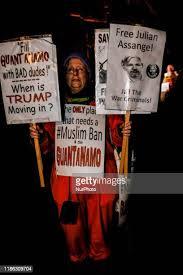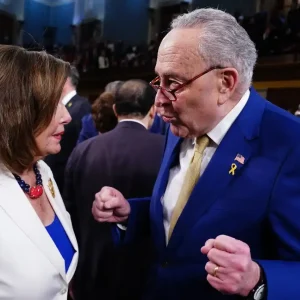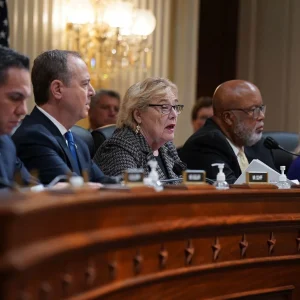A contentious debate is once again surfacing in American political discourse: should Congress enact a federal ban on Sharia law in the United States? This question, rooted in years of ideological tension, cultural misunderstanding, and political maneuvering, has ignited passionate reactions from both supporters and critics. The issue is not only legal in nature but symbolic, touching on deep fears, values, and perceptions of national identity.

Sharia law—Islamic religious principles derived from the Quran and other Islamic texts—guides aspects of personal conduct for many Muslims around the world. In the U.S., it is not recognized as a legal framework in any court of law and has no official standing in the legal system. However, opponents of Sharia often argue that even informal or community-based use of Sharia in personal matters—such as marriage, divorce, or arbitration—poses a threat to American values and constitutional law.

Some conservative lawmakers and activists argue that a federal ban is necessary to preempt what they perceive as the gradual infiltration of foreign legal systems into American society. They frame it as a defense of Western legal norms and civil liberties, particularly women’s rights, freedom of expression, and the separation of church and state. “We must ensure that no ideology or religious code is allowed to override our Constitution,” said one congressman advocating for the ban.
Supporters of a ban often point to isolated incidents in which individuals have sought religious arbitration under Sharia principles, typically in family or civil disputes. In many of these cases, participation is voluntary and limited to specific religious communities, similar to how Jewish or Christian groups may use faith-based mediation for internal matters. Nonetheless, critics argue that even voluntary adherence could lead to coercion, especially for women or minors.
On the other hand, civil rights groups, constitutional scholars, and many religious leaders strongly oppose any move toward banning Sharia law. They argue that such a ban would be unconstitutional, discriminatory, and unnecessary. The First Amendment protects freedom of religion, which includes the right to follow religious practices, so long as they do not violate civil law. A blanket federal ban on one religion’s principles, they contend, would amount to targeted repression.
“Banning Sharia is not about protecting the Constitution—it’s about politicizing fear and marginalizing a religious minority,” said a spokesperson for the ACLU. “No one is asking for Sharia to replace U.S. law. This is a manufactured panic with dangerous consequences.”
Legal experts largely agree that the Constitution already provides adequate safeguards. U.S. courts do not enforce foreign or religious laws that conflict with American law. In fact, multiple state-level attempts to ban Sharia law have been struck down by courts for violating constitutional protections or being too vague and discriminatory.
Moreover, Muslim Americans across the country have spoken out, explaining that Sharia, for them, functions as a personal moral compass—not a legal system to impose on others. “It’s about how I pray, fast, give to charity, and conduct myself,” said one Muslim American woman. “It’s no different than Christians following Biblical guidance in their personal lives.”
Nevertheless, the idea of banning Sharia continues to gain traction in some political circles, often during election seasons when cultural wedge issues can energize certain voter bases. Critics argue that such proposals are more about optics and identity politics than real threats.
Social media and partisan media outlets have amplified the issue, often using exaggerated stories or out-of-context claims to provoke outrage. This has led to widespread misconceptions about what Sharia law actually is, how it operates, and what rights individuals truly have under U.S. law.
In the end, the question of whether Congress should ban Sharia law federally is less about legal necessity and more about political symbolism. It reflects broader anxieties about immigration, religious diversity, and what it means to be American in an increasingly pluralistic society.
Whether such a bill will ever reach the floor of Congress remains uncertain. But as long as debates about national identity and religious freedom continue to dominate political conversation, this question—and the tensions it reveals—will not be going away anytime soon.






